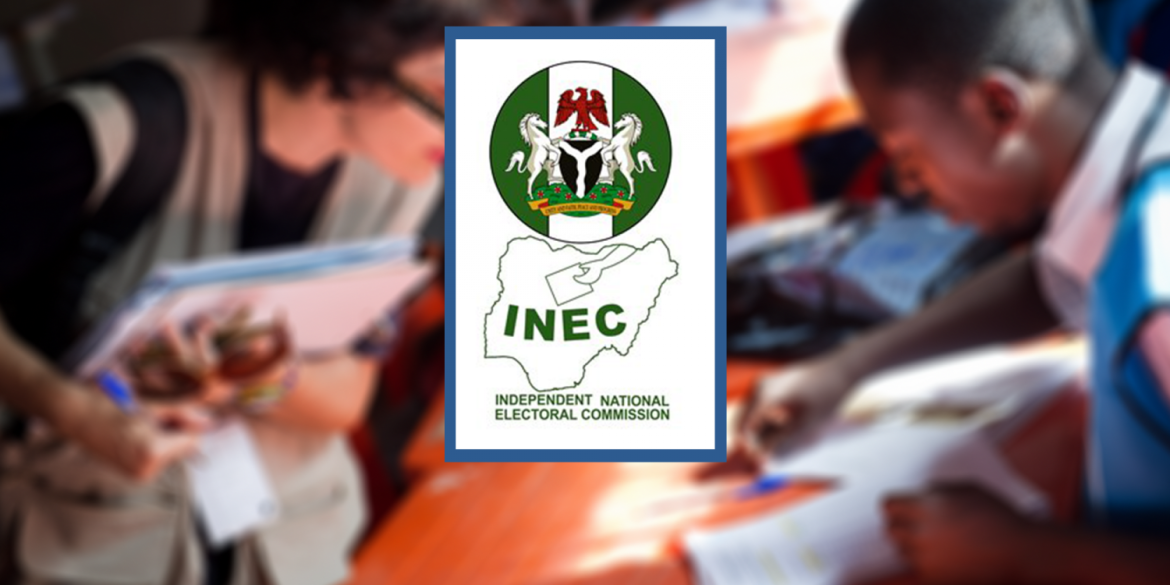
By Eric Teniola
From last week the piece continues with the narrative of the difficult and thankless job of being an INEC boss using the frustrating and bitter experiences of Professor Humphrey Nwosu and Chief Esua as cases in point
THE killer job at INEC has all the elements of failures and successes, adoration and condemnation. I don’t know what will happen after the election. Life is necessarily ambiguous and just when we think we have a clue about what’s next, things shift again. The constant flux can be exhausting and exacerbating.
Given how much we want to know and the extent to which we crave understanding, a rigged election will threaten the fragile stability we are experiencing in this artificial country. Professor Yakubu should know this. A rigged election may lead to imminent danger, for we are already sitting on a powder keg which may explode into violence and chaos.
This is because the provision and expansion of access to water is a very vital programme of poverty alleviation. In line with the policy of inculcating maintenance culture, the panel recommends an “all-hands-on-deck” approach to the federal, state and local governments through the initiation of massive public works programmes. This is to embark on project based programmes tailored towards the maintenance and restoration of critical public infrastructure and the environment. These programmes should be designed to provide meaningful ‘hands-on’ employment to large numbers of people wherever feasible.
Such schemes would discourage the use of heavy mechanical equipment, thereby providing employment for unemployed youth, idle work forces, and those displaced or retired during the on-going processes of rationalisation in both the public “and private sectors.
It will also aim at inculcating and improving better attitudes towards a maintenance culture, injecting a sense of sustainability in government’s investments in infrastructure and restoring pride in our surroundings.
“Rural development is a strategy designed to improve the economic and social life of the people in the rural areas. Over 70 per cent of the 67 per cent of poor Nigerians are found in rural areas. The rural poor are a heterogeneous group, including small-scale farmers, the landless, the nomads, pastoralists and fishermen and women. But they share common disabilities, limited assets, environmental vulnerability and the lack of access to public services and amenities especially education and health facilities.
The main concern in rural development, therefore, is the modernisation of rural society through a transition from traditional isolation to integration with the national economy for equitable and balanced development of the nation.
In making its recommendations, the Panel had emphasised the need for a focus on eradication of absolute poverty rather than poverty alleviation because of the belief that deliberate steps must be taken urgently to destroy the psychology of poverty and the sense of helplessness amongst Nigerians.
“We have recommended strategies that will encourage personal initiative and community co-operation and lead to enhanced productivity and prosperity. Nigeria cannot truly be considered great and democratic if it is unable to provide minimum material comfort – the basic necessities of modern civilisation, that is, food, light, water, shelter, clinics, schools and jobs – for the vast majority of its citizens”.
These recommendations are for the next President to implement. I wish the next President goodluck.
Disclaimer
Comments expressed here do not reflect the opinions of Vanguard newspapers or any employee thereof.